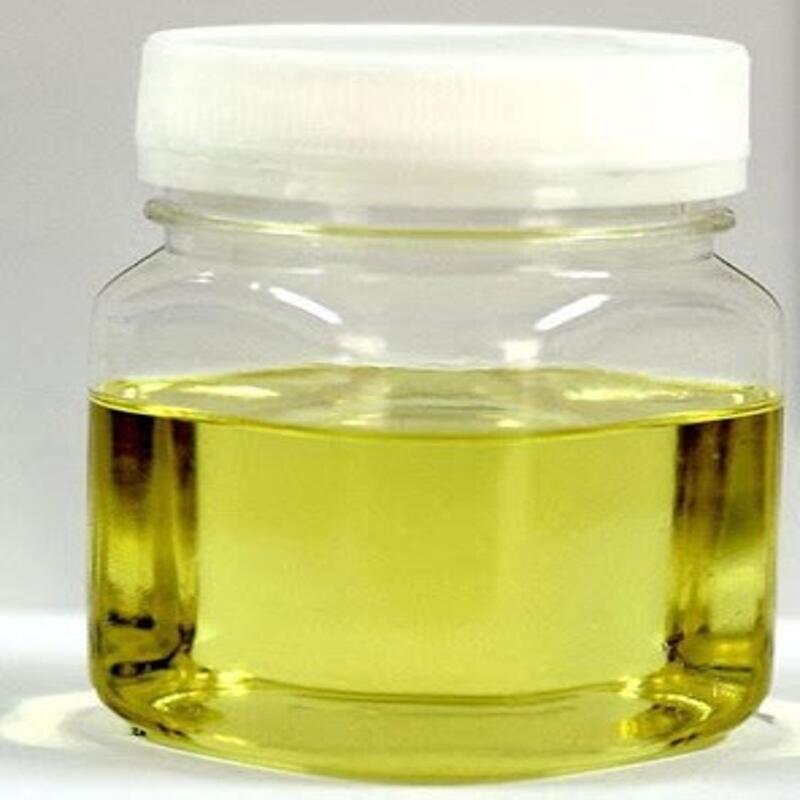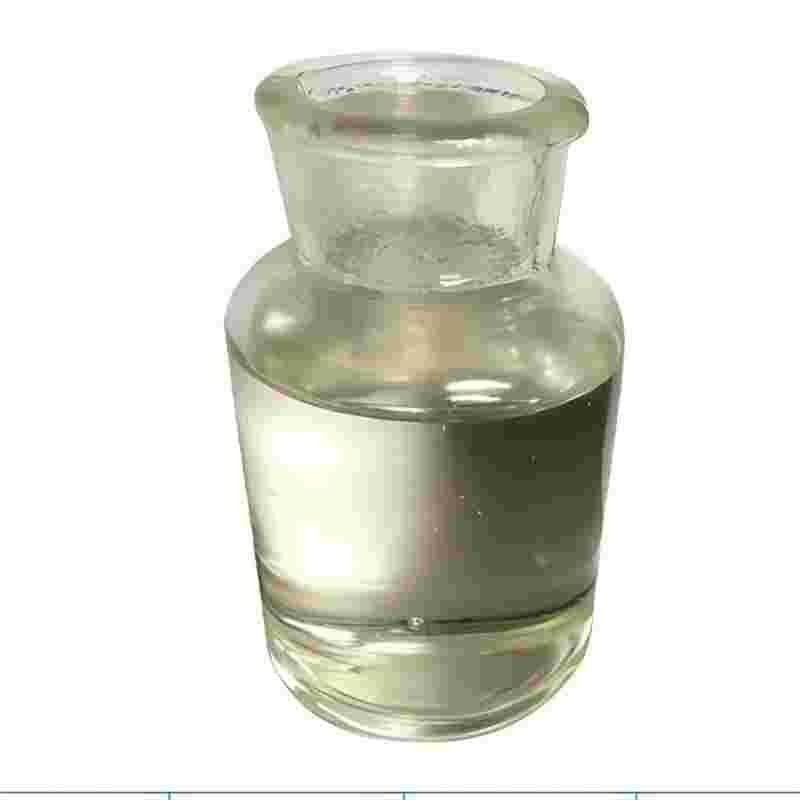-
Categories
-
Pharmaceutical Intermediates
-
Active Pharmaceutical Ingredients
-
Food Additives
- Industrial Coatings
- Agrochemicals
- Dyes and Pigments
- Surfactant
- Flavors and Fragrances
- Chemical Reagents
- Catalyst and Auxiliary
- Natural Products
- Inorganic Chemistry
-
Organic Chemistry
-
Biochemical Engineering
- Analytical Chemistry
-
Cosmetic Ingredient
- Water Treatment Chemical
-
Pharmaceutical Intermediates
Promotion
ECHEMI Mall
Wholesale
Weekly Price
Exhibition
News
-
Trade Service
The safety of Metepa is of utmost importance in the chemical industry, as it plays a crucial role in the production of various chemical products.
Metepa is a strong acid that is used in the production of a wide range of chemicals, including chlorine and caustic soda.
It is also used in the mining industry for the extraction of metals.
Metepa Safety Measures:
- Personal Protective Equipment (PPE): Metepa handling personnel must use appropriate PPE, including face shields, goggles, and gloves, to protect themselves from exposure to the acid.
This ensures that they are not exposed to the hazards associated with Metepa. - Ventilation: The area where Metepa is handled must have adequate ventilation to prevent the build-up of hazardous fumes.
This is essential to maintain a safe working environment and prevent exposure to the acid. - Emergency Response Procedures: Companies handling Metepa must have well-established emergency response procedures in place.
This ensures that in case of an emergency, personnel can respond quickly and effectively to prevent further harm. - Training: All personnel who handle Metepa must be adequately trained on the safe handling and use of the acid.
This ensures that they understand the hazards associated with Metepa and know how to respond in case of an emergency.
Metepa Handling and Storage:
- Storage: Metepa should be stored in a safe and secure location, away from sources of heat, ignition, and other hazards.
The storage area must have appropriate ventilation to prevent the build-up of hazardous fumes. - Handling: Metepa should be handled with care to prevent spills and releases.
The acid should be transferred using appropriate equipment, such as stainless steel tankers or pipelines, to prevent corrosion.
The equipment must be maintained regularly to ensure safe and efficient operation. - Transportation: Metepa should be transported in compliance with relevant regulations and safety standards.
The transportation vehicles must be designed and maintained to ensure the safe transport of the acid.
Metepa Health Hazards:
- Acute Exposure: Acute exposure to Metepa can cause serious health hazards, including skin and eye irritation, respiratory problems, and burns.
In severe cases, it can even lead to death. - Chronic Exposure: Chronic exposure to Metepa can cause long-term health problems, including respiratory diseases, kidney damage, and cancer.
Metepa Environmental Impact:
- Water Pollution: Metepa can have a significant impact on the environment, particularly when it is discharged into waterways.
It can cause water pollution, leading to the death of aquatic life and other environmental damage. - Land Pollution: Metepa can also cause land pollution when it is released onto the soil.
This can lead to long-term environmental damage and harm to local ecosystems.
Conclusion:
The safety of Metepa is of utmost importance in the chemical industry, and all handling and storage procedures must be designed and implemented to ensure the safety of personnel and the environment.
Companies must ensure that appropriate safety measures are in place, including the use of PPE, ventilation, emergency response procedures, and training.
They must also consider the health hazards associated with Metepa and take measures to prevent acute and chronic exposure.
Finally, they must ensure that Metepa is handled and stored in a safe and secure manner and transported in compliance with relevant regulations and safety standards.
By doing so, companies can prevent harm to personnel and the environment and contribute to a safe and sustainable chemical industry.







